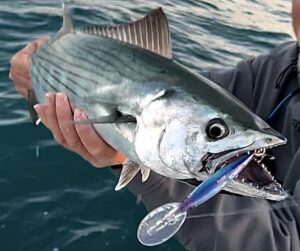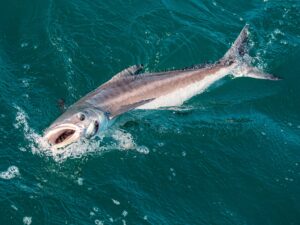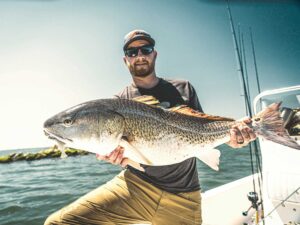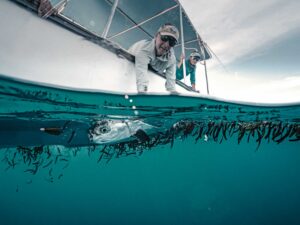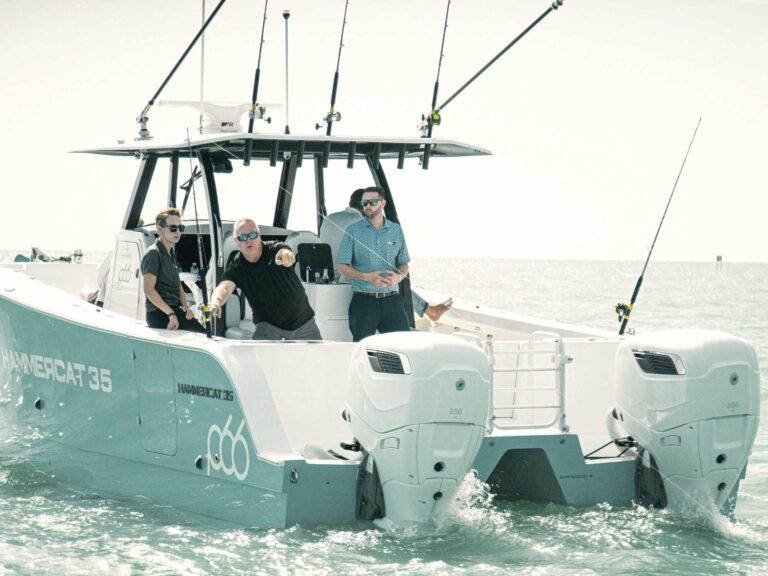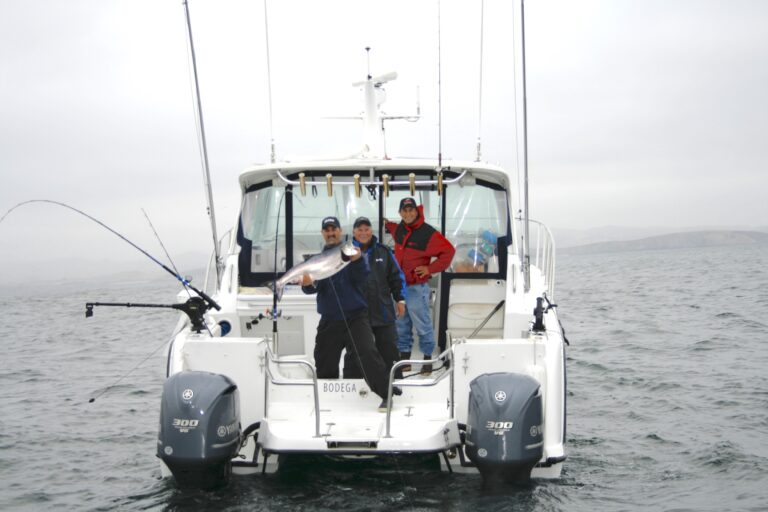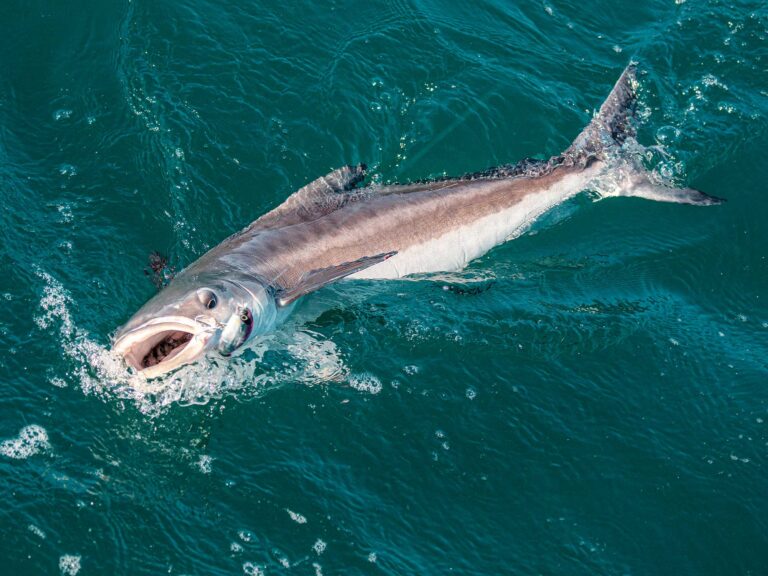After years of hard work by numerous individuals and conservation organizations, February 1 loomed as the day that longlining would finally be curtailed in a meaningful way off the Atlantic and Gulf Coasts. Thanks to a slight error in drawing out the boundaries of the closed areas, however, the date of implementation has now been postponed to March 1.
Despite the brief reprieve, a year-round closure off the east coast of Florida and an annual three-month closure off Georgia and South Carolina will finally be enforced. Combined with two areas in the Gulf of Mexico closed last November, also on a year-round basis, a total of 133,000 square miles of U.S. waters will be off-limits to longline fishing. These closures are an excellent first step in reigning in the enormous bycatch problems with pelagic longline gear.
These closures come because of the recent defeat of longline-supported legislation in Congress (S.1911) that would have overturned the National Marine Fisheries Service closures and implemented an inferior plan. While the legislation was introduced with the laudable goal of reducing longline bycatch using time-area closures, the bill would have done more harm than good to offshore fisheries due to the inclusion of several dangerous provisions. Although the bill did contain a limited vessel buyout, its effectiveness relied upon buying out nonactive vessels and latent fishing permits, two strategies that have repeatedly failed to reduce fishing effort. One section snuck in at the last minute would have created a directed longline fishery for bluefin tuna.
“Closures are a solid step toward conserving our highly migratory species,” says the National Coalition for Marine Conservation. “One important aspect, however, is that the door remains open to take future additional action to continue to deal with the problems of longline bycatch, something that the longline industry-supported legislation would have made almost impossible to do. Sport fishermen and conservationists should be excited that the first-ever regulations are now in place to curtail longline bycatch, and hopefully, even more measures are on the way.” For more information, contact the NCMC at 703-777-0037.
